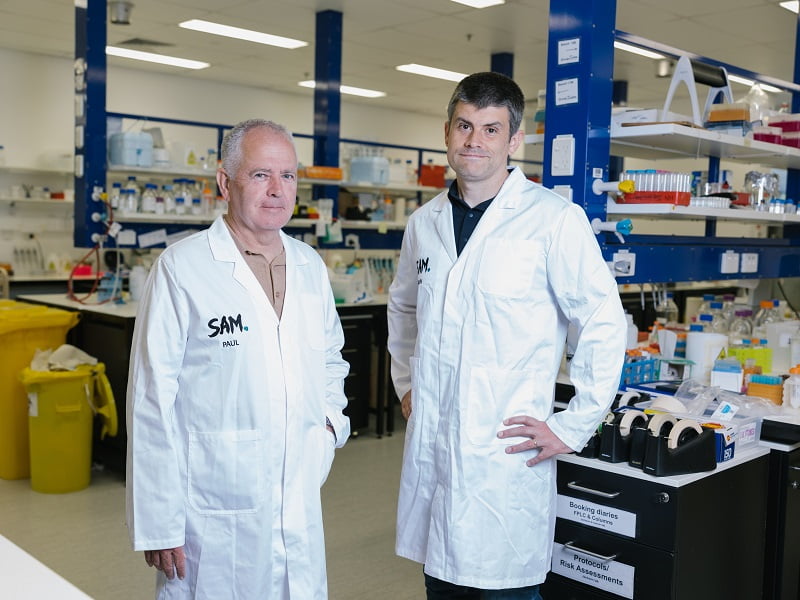Robotic dentistry, advanced ammunition, batteries, quantum security and autonomous vehicles are among 57 projects linking researchers with industry and community groups to share in $28 million in federal funding.
Some of Australia’s most promising startups join big businesses like Qantas and Woodside in partnering with universities for the 2022 second round of Linkage Projects awarded by the Australian Research Council on Tuesday.

The Linkage Projects grants are designed to encourage the transfer of skills, knowledge and ideas as a basis for securing commercial and other benefits of research.
The latest round will see “infinite recycling” startup Samsara Eco work with Macquarie University researchers on how polyurethane can be recycled or better biodegraded with a $674,000 grant. The startup won the top award at the InnovationAus 2022 Awards for Excellence.
University of Newcastle researchers secured a $150,000 grant to team with quantum firm QuintessenceLabs to explore key distribution. The expected outcome is new “rateless error correction codes” to implement quantum key distribution over long distances, which would improve communication security.
A project teaming fossil fuel giant Woodside with Monash University secured $689,000 in federal funding to develop advanced protonic ceramic electrolysis cells. The cells are thought to be a way of improving the efficiency of hydrogen production and carbon dioxide conversion using renewable energy.
The University of Sydney secured a $790,276 grant to work with Qantas on mitigating jetlag on ultra-long haul flights. By analysing cicadian rhythms, the researchers will test optimised timing of light exposure, food, and exercise in-flight and on-the-ground to combat jet lag.
French Defence giant Thales is partnering with the University of New South Wales to explore advanced ammunition alloy production technologies, ahead of a push to manufacture more munitions in Australia.
A $269,309 grant will be used to try and bypass the energy-intensive ammunition production steps currently imported from foreign nations as semi-finished products.
Griffith University researchers landed a $507,466 grant to work with dentistry tech startup Emudent Technologies on a miniaturised laser manipulator for ultra-precise and pain-free procedures.
Projects exploring batteries, data privacy and waste management all received multiple grants.
Overall, a combined $28 million was awarded in the round after applicants had sought $110 million. Project approval rates were 27 per cent, much higher than some other ARC schemes.
The University of New South Wales landed the most grants with nine. Engineering was the most successful research field, while advanced manufacturing was the most successful research priority.
ARC chief executive Judi Zielke said the grants encourage researchers to collaborate with industry and community partners to work on practical solutions.
“For example, one of the ARC’s Linkage Projects awarded today comprises researchers working with Surf Life Saving Australia to develop a smartphone rip-detection tool and an online education game to help reduce the number of drownings in rips at Australian beaches each year,” Ms Zielke said.
Do you know more? Contact James Riley via Email.

